
“This study for the first time systematically examined the risks of injuries during the cervical diagnostic workup,” said corresponding author Qing Shen, PhD.

Your AI-Trained Oncology Knowledge Connection!



“This study for the first time systematically examined the risks of injuries during the cervical diagnostic workup,” said corresponding author Qing Shen, PhD.

Following the new ASCCP-led national consensus guidelines for managing abnormal cervical cancer screening tests, these new guidelines estimate risk based on an individual’s risk factors, thus allowing for more personalized care management.

Balstilimab as a single agent and combined with zalifrelimab demonstrated promising objective response rates, regardless of PD-L1 expression, and a tolerable safety profile in patients with recurrent or metastatic cervical cancer.

“Results from this study suggest that tisotumab vedotin has the potential to be a new therapy for patients with previously treated recurrent and/or metastatic cervical cancer,” said lead study author Robert L. Coleman, MD, FACOG, FACS.

Researchers suggested this test “helps to clarify a woman’s risk of disease, reduce the potential for over- or under-treatment, and is a major step forward in individualizing a woman’s care.”

The latest episode of Oncology Peer Review On-The-Go sits down with Michael D. Randell, MD, FACOG, to discuss the latest updates to cervical cancer screening guidelines by the American Cancer Society.

Researchers suggested that this 6-week window may represent a critical time point at which decisions could be made regarding treatment escalation for this patient population.
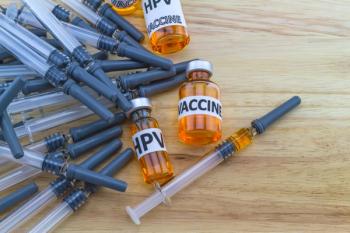
The director of special projects at the Union for International Cancer Control spoke about the strategy released by the World Health Organization and what needs to occur to achieve the goals laid out by the organization.
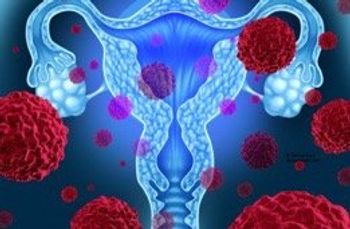
The researcher from Quest Diagnostics spoke about a recent study which confirmed the benefit of using liquid-based cytology in cotesting for cervical cancer.

The new guidelines suggest the need to phase out cotesting and cytology, shifting towards primary HPV testing starting at age 25 years.

The trial is evaluating tisotumab vedotin administered every 3 weeks for the treatment of patients who have relapsed or progressed on or after prior treatment for recurrent or metastatic cervical cancer.
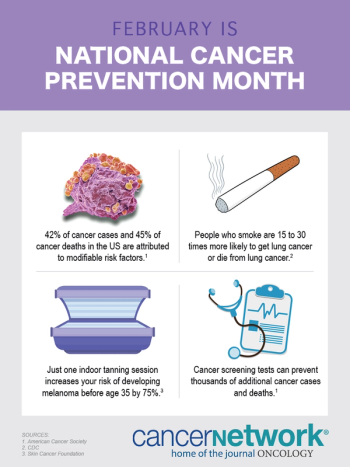
With February being National Cancer Prevention Month, here are the latest updates in cancer prevention.

If successfully implemented, researchers found that over the next century, cervical cancer mortality would be reduced by almost 99% and save more than 62 million women’s lives.
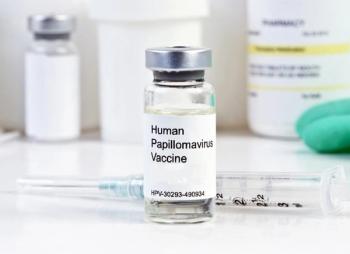
Researchers suggested that the receipt of 1, 2, or 3 doses of an HPV vaccine by females aged 15 to 19 years was associated with a lower incidence of preinvasive cervical disease when compared to unvaccinated females.
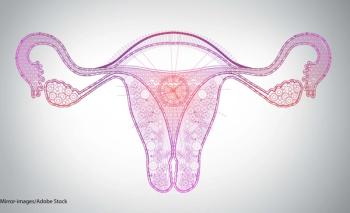
Immunotherapy could replace chemotherapy in some patients with recurrent/metastatic cervical and vaginal or vulvar cancers.

Researchers looked at diagnosis, assessment, treatment, and prognosis of women diagnosed with cervical cancer while pregnant.
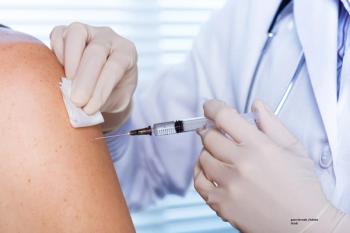
Significant reductions in several strains of HPV and HPV-associated diseases have occurred in the up to 8 years of follow-up since implementation of the girls-only HPV vaccination.

Cancer Network spoke with Patricia Eifel, MD, of the University of Texas MD Anderson Cancer Center, about the current shifts in the treatment of cervical cancer.

The phase II KEYNOTE-158 basket trial evaluated single-agent pembrolizumab in patients with previously treated advanced cervical cancer.

A study investigates whether HPV testing performed on cervicovaginal samples self-collected by patients had a similar accuracy to samples collected by clinicians.

Cancer Network spoke with Curtis Pickering, PhD, about prognostic gene expression signatures for HPV-positive oropharyngeal and cervical cancers.

A new computer algorithm was able to accurately analyze digital images of cervical screenings and identify precancerous changes that required further medical follow-up.

A study presented at the SGO Annual Meeting found that elderly women have higher rates of cervical cancer than previously thought, suggesting screening guidelines should be reconsidered.

The immune checkpoint inhibitor pembrolizumab demonstrated antitumor activity in a small trial of patients with advanced cervical cancer. The agent had a similar toxicity profile to that seen in other malignancies.
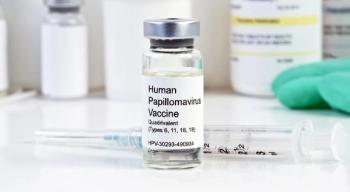
A large cohort study found no concerning safety issues associated with the use of human papillomavirus (HPV) vaccine in adult women. There was an increased rate of celiac disease, but this may be related to general underdiagnosis of the condition and its unmasking at vaccination visits.